Jimbaux is convinced, on the inside, something's wrong with him.
Welcome Back!
Well, gosh dern, is it really true that, after a nine-month coma, the Jimbaux’s Journal website is back? I want to thank a Resister associate and reader of this publication who graciously agreed to fix the site pro bono; yes, getting the site repaired cost me nothing but time and headaches!
Mucho Que Decir
I have plenty to say, and the way that I will make this first posting after the website has been down for so long is to present 50 images that I have made since the website crashed and present them here in chronological order, interspersed with my essay, an essay in which I will explain many things, especially site news, what happened to the site, and what would and could become of it. I will not say much about the contents of the images themselves, and you can read caption information in the images by positioning your mouse arrow over the image and reading the filename that appears at the bottom of the page.
Some of these images have been published on other media before, specifically Patreon and Facebook, but some of them are being publicized here for the first time.
Note that I used the word “published” followed by the word “publicized” in that sentence; I wonder if the advent of the internet and social media has blurred the distinction between the two. Much of my thought gets devoted to the ways that the internet has, for better and for worse, changed society, and how we need to drastically alter our thinking and assumptions because of that sea change; I will describe more of that in this essay.
Oh, the pictures. We’ll start with five that you may have seen before as part of a larger set.
I am going to do something that many of the traditional railroad enthusiast readers of this publication don’t like: intersperse personal commentary among the pictures. In the last three years, as I felt obligated to speak up about the destructive forces of hatred and stupidity that began to gain further prominence in my home country, many of the long-time readers have objected and even left, which says at least as much about them as it does about me.
Many of these upset readers have described the difference as a matter of “politics,” but that is a ridiculously shallow, insulting, and misleading characterization. The difference is over humanity, over human dignity, over deep values, about how you regard yourself and your fellow human beings.
I would love to reach out to the disaffected readers about how their support for this awfulness might stem at least in part from some legitimate grievances, how voting for and defending what they are defending was a very bad remedy, and what better remedies there could be; I really want to find common ground.
I would be able to write these essays more if I were allowed to devote myself full-time to all of my work, and the only way that I can do that is if my Patreon income is high enough that I could survive totally off of it, but we’re a long way from that point.
Every morning, I wake up wanting to spend 10-12 hours per day working on my work, accomplishing the things that I wish to accomplish, and then giving away the results to the world. I wish that more people understood that the invention and preponderance of the internet and of devices that are used to connect to and access the internet has changed on a most fundamental level the production and consumption of non-material goods and services, how the same technology means that only a small fraction of the workforce is required to produce material goods and services, and that so many of us are intrinsically motivated to serve society in the ways that we best know how.
It is beyond time for unconditional basic income, and that we don’t yet have it is sinful and ridiculous.
It’s too bad that the (actually political) opposition is dominated by ridiculous solutions, stemming from ridiculous characterizations and ridiculous assessments of the problem. Many who are opposed to the current authoritarianism and hatred are celebrating the ascendance of Alexandria Ocasio-Cortez, but, while she had plenty of good ideas, she advocates one particularly awful, insulting, and counterproductive idea: a federal “job guarantee.”
Of course a socialist, an adherent to ideology that glorifies “workers” and paid work regardless of whether what they are producing is even needed, an ideology that requires central planning and a massive administrative state, would advocate such a bullheaded policy.
Of course, being a staunch advocate of unconditional basic income, I very frequently get accused of being a socialist, an utterly ridiculous charge made by people willfully ignorant both of what UBI is and of what socialism is.
Libertarian icon F. A. Hayek, who supported basic income, did a great job of pointing out how socialists and “conservatives” so often find common cause.
A job guarantee is destructive nanny state garbage that would require an onerous bureaucracy, would likely stifle economic production, insults human beings by assuming that they need to be forced to do anything good, requires citizens to prove to authorities their right to exist, and would thus put too much power in the hands of the state; a basic income would enable people to take care of themselves, returning to us the personal autonomy that was robbed from us when hunting-gathering and subsistence-farming ended and most of the productive land was forcibly gobbled up by a handful of persons.
I am very sensitized to this problem, because I am only three generations removed from subsistence farming, I grew up in a home that valued history, I heard stories of how my great-grandparents lived, how they could just walk outside and work without having to get permission from any other human being, and I want a return to that level of personal autonomy, so that society doesn’t treat people like circus animals.
We need to remove the coercive element from society, and that starts with both basic income and the way that we ‘educate’ people.
You’re looking at the images that I took in November that I included in my essay in which I explained my school-teacher burnout, something that still bothers me.
I hope that you read all of that essay, but I will share the most critical part of it here.
This gets at the dilemma that has underpinned so much of my adulthood, and, indeed, since I come from a family of teachers, my entire life: the duality of how a good teacher has to have Enlightenment values and, as such, teach students to be suspicious of authority and to question it, but the nature of the way that the job of school-teacher is done is very authoritarian.
I had never really put it that simply until this year, but that is the dilemma, the duality, at the heart of why I suffered a precipitous burnout after several years of being a good school-teacher.
That’s the dilemma, the conundrum, and that’s what modern technology allows us to ameliorate!
Right at about the time that I was taking the above pictures at the Sorrel sugar mill, a man a little bit older than my parents, whom I grew up near and have known all of my life, suffered a heart attack; he died the next day.
Of course, that had me, being the hyper contemplative person that I am, and being a person “hypersensitive to experience,” constantly thinking about things and my life.
I am sorry to everyone who writes messages to me and doesn’t get a prompt response or doesn’t get a response at all.
I was once very good at keeping up, but I have become bad at it. I think that my introverted nature is a part of it, and I think that the growing readership of my publication is another reason, but I wonder if there is more to it than that.
So ended 2017. All of the following pictures are from 2018.
My problem, for which the above image is a part of a metaphor, is that I have not replaced from my life that which has been lost, and it is not due to lack of talent, ambition, ability, motivation, desire, ideas, etc; it’s due only to a lack of a stable source of fuel, which you can help me secure, and I would be able to accomplish so much if freed to succeed.
Yes, these two images are part of a set that you might have seen in January.
As you may already know for having followed my work for a long time, and as you might know from my recent “June 2008 Sampler” and “July 2008 Sampler” essays, I was, 10 years ago right now, spending a summer on the Northern Great Plains. That was a huge, formative experience in my life, and I believe that everyone should have the opportunities for such experiences. I hope that a world with unconditional basic income will enable people to have work schedules similar to or more generous than those that are enjoyed now by school-teachers.
I have a story to tell you about something terrible that I almost said on the first full day of the seminar.
Most of the seminar participants met each other at a gathering at the director’s home on Sunday 22 June 2008. The next day, Monday the 23rd, was the first formal day of the seminar, and those of us who made it to the Sunday informal gathering then, on Monday in the conference room, met the one or two who had not been able to attend the Sunday gathering.
It was time for formal introductions, and we went around the table introducing ourselves, describing our teacher backgrounds, and describing what had brought us to this seminar on the Great Plains.
I don’t even remember what I said in that introduction, but I do remember one person’s introduction. She was from the state of New York, a couple of decades (at least) older than I was, and had been living and teaching somewhere in the greater Chicago area.
As she described her teaching life, she ended the description by saying, “we’re still fighting the Civil War.”
“Well, we’re not; so, get over it,” was about to come out of my mouth, but I held my tongue; especially now, I am so glad that I did!
I have since, in the last 10 – but, especially, the last five – years come to see that the Civil War never ended, that only the fighting that constituted geographically based armies and navies fighting each other ended.
If war is politics by another means, then it would stand to reason that, at least in many cases, politics is war by another means, and the use of force in allocating resources (and access to resources), how our society functions, is inherently violent and coercive.
Oh, hey, look, a self-portrait!
There are many reasons for this problem, but many of them stem from land-use and land allocation. I have come to believe that Henry George both correctly identified the problem and prescribed a very just, viable, and useful remedy, and I am not more or less an adherent to his philosophy and beliefs on the matter.
Unconditional basic income is long-overdue compensation for enclosure.
I truly believe that so many societal problems stem from wage slavery and its symptoms. We need to get our heads out of our assess and stop thinking that it’s okay that, in a world of such abundance, landless people should have to prove to their right to exist to landed people, that we should rely so heavily on coercion and threats in order to get people to do anything good.
That picture was one of my first attempts at railroad photography at the CN wye in Kenner, which is, I think, a neat place, but it’s hard to get a decent photograph there.
I want to work. I want to learn and accomplish so much. I wish that I were allowed to do so.
You’re looking at a night scene and a day scene of an area close and dear to me.
In some ways, I have never before been so intimate with the images that I share.
Here is something a little bit less intimate, something for which I am already known.
Let’s see a (further) cropped version of that.
How is that? Let’s chase it a couple of miles to the west for another view.
Now, let’s again make like a boomerang.
There are signs of failure and longing here.
I wish to be creating and accomplishing more. Again, it’s not due to lack of will, lack of ability, lack of desire, lack of creativity, etc.; it’s due to lack of fuel.
The past is always with me (and is always with you), but this is even more so when society erects roadblocks to having a future.
To view these images, especially the two immediately above and the three immediately below, is to make a brief glimpse inside my head.
I feel almost naked now, but I am, despite this disrobing, still wearing so many layers.
I am one of those people who often hears of a celebrity for the first time upon that person’s death. I don’t watch television, not anymore, at least. I knew, of course, who David Bowie, Carrie Fisher, Chester Bennington, and Chris Cornell were, but I had barely heard of Anthony Bourdain before he died, and many other celebrities who have died recently but whose names I cannot recall – which is the point – were people of whose existence I learned upon their death.
I guess, for the reactions that I saw upon his death, I missed out by not watching Bourdain’s shows. One particular comment stuck out in my mind.
During an episode of Bourdain’s show, Iggy Pop told him, “You seem like a curious person.”
Bourdain replied, “It’s my only virtue.”
I very much could relate to this, and I had never really thought of curiosity as a virtue, but it makes so damned much sense! Albert Einstein thought the same thing; he said, “the cure for boredom is curiosity; there is no cure for curiosity,” and I have always felt that idea to my core, that curiosity might even be a burden, but I have renewed faith in myself with Bourdain referring to curiosity as a virtue.
Can’t you see all of my photography and all of my other work as a reflection of my own curiosity?
Einstein also said of his accomplishments, “I have no special gift. I am only passionately curious.” I can very much relate to that, too. Maybe the pictures that you see here, and whatever quality that you might assign to them, are the results of some special skills that I have, but, ultimately, they stem from my own passionate curiosity.
By the way, while I am good at composing photographs, I was never all that great at color correction. That is one of several reasons that I don’t do this professionally.
Another reason that I don’t do it professionally is that I think that that would be silly, and it was the act of setting up my Patreon account last year, followed by a couple of years of research on and advocacy for unconditional basic income, that I figured out why. I am highly intrinsically motivated to do this work; I should, then, just be allowed to do it. Why do I need to get someone to pay me money to do it when I like doing it and the world likes to use the images and stories?
That’s an example of what I mean when I said that the preponderance of the internet and how all of us are producers and consumers of internet content has fundamentally changed the way that we need to think about economics and society. I am highly motivated to work; I just wish that I were allowed to do what I do best, to serve society in the ways that I best know how to serve society, as much as I can.
I would like to again thank those of you who have helped me work toward autonomy to do my best work by becoming patrons of Jimbaux’s Journal. The reality is that I long ago outgrew the Jimbaux character, but I am not allowed to use my legal name to publish my work since I don’t actually own my own personality, though I could own it if the patronage level got high enough that I could survive off of it.
All of this is part of why I have, more recently, published photographs that had either less gaudy watermarks than those that I put on my images years ago or even no watermarks at all. They are “my” photographs, but I think that they belong to the ages. The watermarks represent some need for control, and I am trying to let go and just live and create.
Certainly, I want to be credited and recognized for my work, but I think that this is another example of society not catching up its thinking to the internet ear, and it all goes back to our need to prove to others our own right to exist, something that has become grossly outdated in the internet era. I am creating valuable content, but it’s the kind of valuable content that economists call “non-rivalrous goods,” meaning, in my case, that this content can be infinitely duplicated; although I am the only person creating the specific content that I create, once it is created and published on the internet, there is no scarcity of the items, no “act now while supplies last.”
That’s why I find the idea that I should “sell” my pictures, which people have for years recommended that I do, to be utterly ridiculous. Sell to whom? And why? Why would anyone want to buy it if he can look at the pictures on the internet for free? And, if he couldn’t look at the pictures for free, how would he know that he would desire them in the first place?
These images will be floating around the internet for the benefit of others long after you and I are dead. People will benefit from the work that I did, but I will not get paid for it. That’s okay; I don’t want to get paid to do this work, but I would like to get paid so that I can do it.
Man, in that picture, I was saying goodbye to another institution of my youth; the old Sunrise Fried Chicken place on Vacherie Street was being converted into a doughnut shop.
We’re about to end the photo part of this essay, and I guess that I am relieved about that; are you?
I recently read a short biography of Andrew Carnegie, and I found it fascinating. I had not known that he had worked for and risen to prominence in the Pennsylvania Railroad. I found much to like in his story. I loved his mix of intrinsic and extrinsic motivation.
This trio of images on the New Orleans & Gulf Coast Railway on Friday the 13th of April is how I will end this essay, and I think that it is a good way to end it.
The location of the images here at the end of this essay is not all that far from the location of the images at the beginning of this essay.
That’s it. I hoped that you liked them.
Eight days later, I took a few more pictures that aren’t worthy of publication here. I haven’t taken any SLR camera pictures since then. I just have trouble getting myself up to take pictures anymore, especially in the heat.
You just looked at 50 pictures taken over the course of nine months, but, back in my old glory days of photography, I would have that level of output in one month. I wonder if I should sell my gear; I often consider it, and I could use the money, but, still, as rarely as I take pictures anymore, selling of my gear would be selling off a huge part of myself.
It’s time for some more commentary, first about Dubya and decisions, and then some site news.
Dubya, Decisions, and Dictatorships
I recently read the entirety of George W. Bush’s book Decision Points, and reliving that time and learning about his decision-making process was enriching for me.
Damn, it’s getting late, this post is huge, and, now that I have my website back again, I can do a book review some other time, in a less-crowded essay. Do you mind if I wait? Thanks.
We Know That It Doesn’t Have To Be This Way
I want to discuss this subject, which is a subject that I have already been discussing.
By margin 41-37, Americans say life is worse than 50 years ago (1968!!!!) – one of most pessimistic responses in developed world https://t.co/QtuTLfUMj3
— David Frum (@davidfrum) July 3, 2018
Some of the criticism of this news is in the form of people pointing out that 1968 was objectively worse. Even if that is true (Johnson’s and Nixon’s creeping authoritarianism was nowhere like Trump’s), it misses the point.
Two-thousand Eighteen is subjectively worse than 1968 precisely because it’s freakin’ 2018, and we should not still be having these awful, stupid, completely avoidable problems. It doesn’t have to be this way, and people – especially those of my generation and younger – know that it doesn’t have to be this way. We are not wrong for thinking that, with all of the knowledge available at our fingertips and with technology advanced drastically, 2018 should be way better than it is.
At least people in 1968 had some reasons for optimism that people today don’t – but know that they could and should – have. Back then, wages were still rising with productivity (because technology hadn’t wiped out so many productive jobs yet), many paid jobs still involved meaningful work instead of pointless busywork, and the younger generations had reason to think that they’d do better than the previous generation
I am not and never have been satisfied with “it could be worse” as an excuse; it could be so much better, and we know this to be true. We’re just still ruled by some immature “adults” who hold the childish, destructive “you have to suffer because I had to suffer” attitude; that things are not as good as they could be is a deliberate and shameful choice that society is making.
Many if not most of the young people of today won’t have as prosperous of lives as their parents had, won’t be able to provide good lives for their children, and they know that it absolutely doesn’t have to be this way, even if sime of them gravitate to bad remedies like socialism.
This is a BIG endorsement, everyone. Muhammad Yunus, Nobel Peace Prize winner and founder of the Grameen Bank just said it's time to introduce universal basic income and that there's more to our lives than finding a job. https://t.co/QD1uxHfdZY #BasicIncome #PoorPeoplesCampaign pic.twitter.com/zC5vX5wTOg
— Scott Santens (@scottsantens) July 3, 2018
Stop killing us. Get out of the damned way. Stop impeding our success and threatening our welfare. We need unconditional basic income, universal health-care, trust-busting, some help with education costs, and perhaps land-value taxation.
To Hell With “U” and “Urs”
Using “u” in place of “you” and “ur” in place of “you’re” or “your” in your writing is stupid and offensive. That is all.
Site News? The Future? Oh, And What Happened?
I want to talk about
– what happened to the website that caused it to crash, and why it happened.
– what will happen with the practice of the anniversarial postings
– what happened and what will happen with old content
but, again, I am getting tired, and this post is long enough. Mind if we just celebrate that I am out of jail now and talk about the details and the plans for the future next time? Thanks.
I guess that that is all for now, but, now that the site is back, this is an appropriate time to replug the e-mail newsletter.
Perhaps the best way to keep up with any new content posted to Jimbaux’s Journal is to join the automated e-mail list, and you will get an e-mail only when new content is posted, which will rarely be more than once weekly. To sign up for e-mail updates, send a blank message to jimbauxsjournal-subscribe@yahoogroups.com and check your inbox and your spam folder (the latter being the more likely to receive the message) for a confirmation message. Follow the instructions in the message, and you’ll be a member! (It’s a closed group where only the moderator can post.) Once you are subscribed, if you decide that you no longer want to get updates, you can send an e-mail to jimbauxsjournal-unsubscribe@yahoogroups.com to stop receiving messages.
Also, this is a one-man operation, a labor of love, and, considering the amount of time that it takes, essentially a full-time job. If you’d like to see this operation continue, then please consider becoming, for as little as $1 per month, a patron of Jimbaux’s Journal.
Also, I can be reached at AskJimbaux “at” Gmail “dot” com.
Thank you. It’s great to be back! It’s such a release to once again have this outlet for my visions and my thoughts.
Merci,
JBX
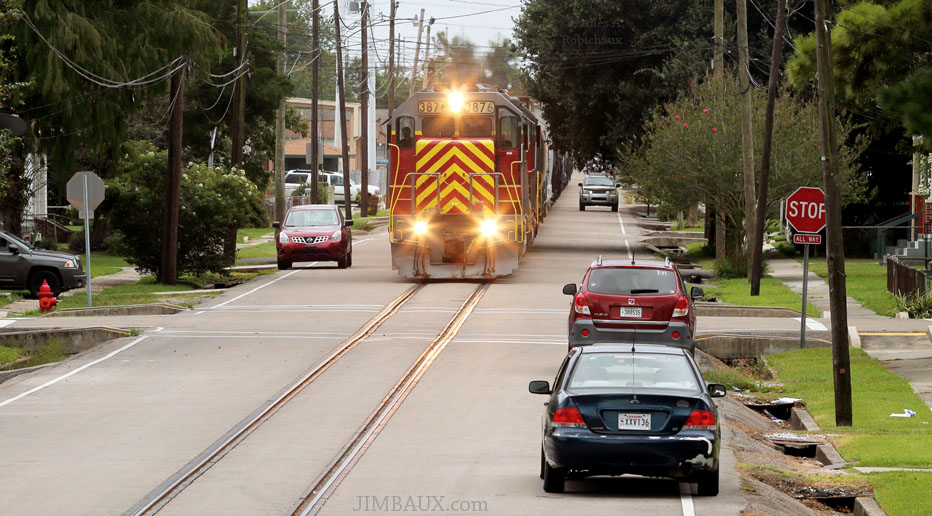
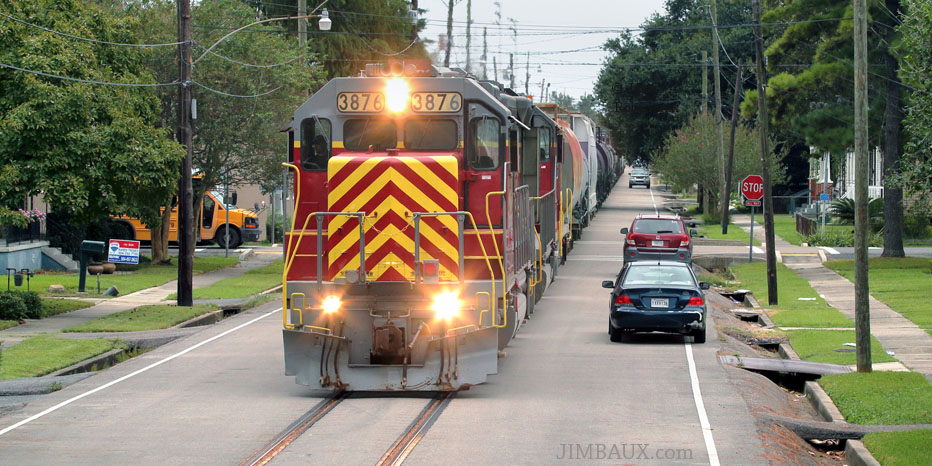

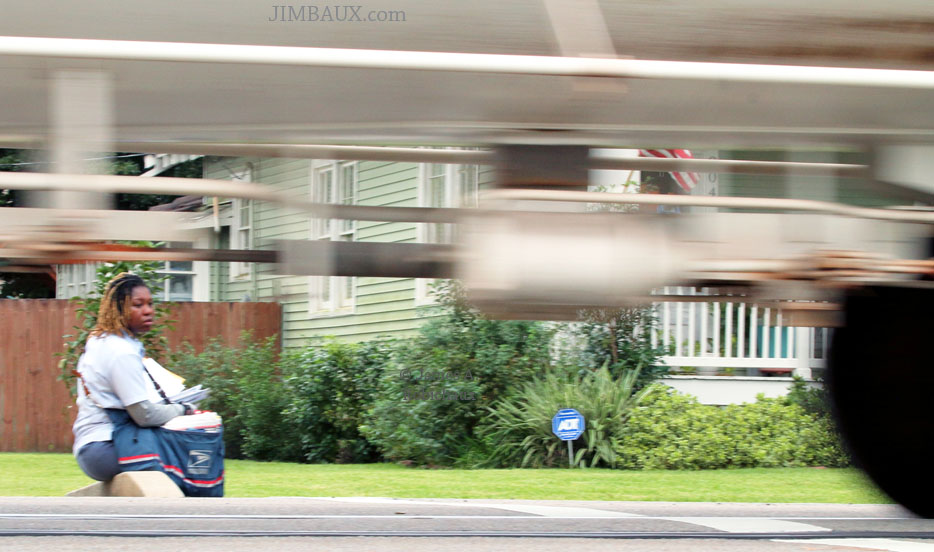

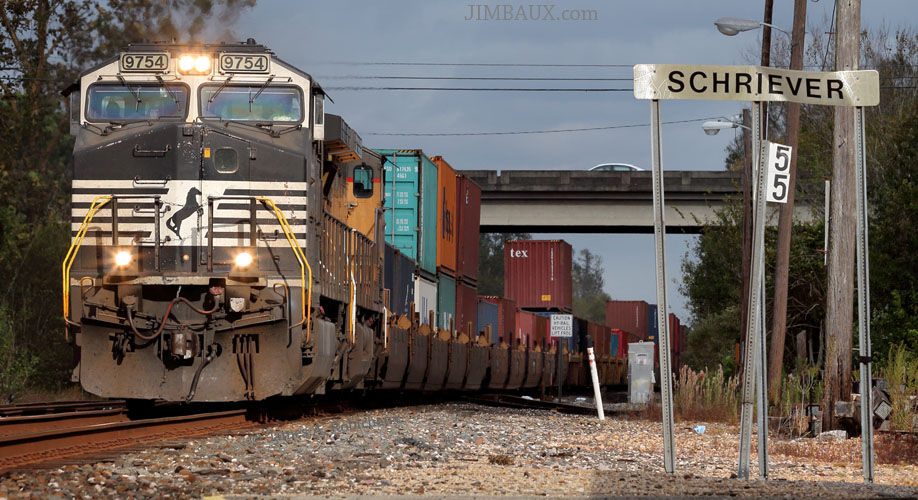
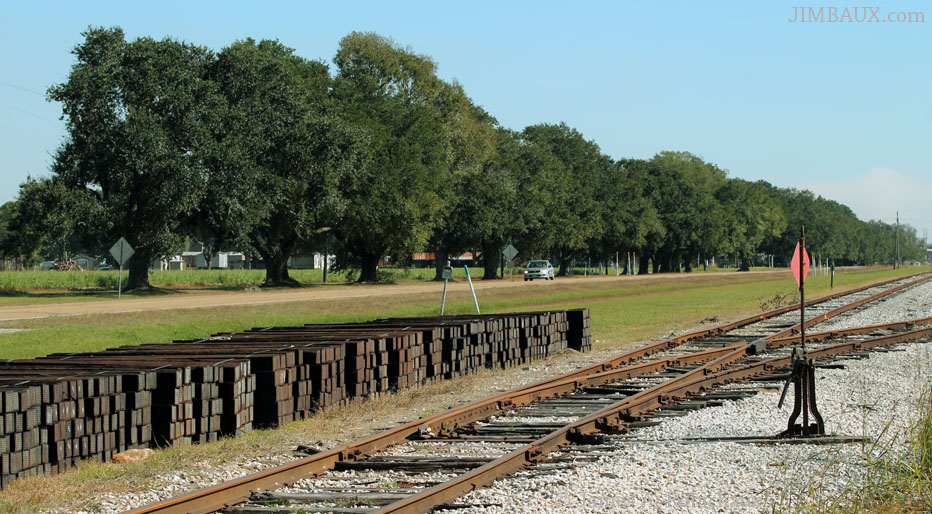





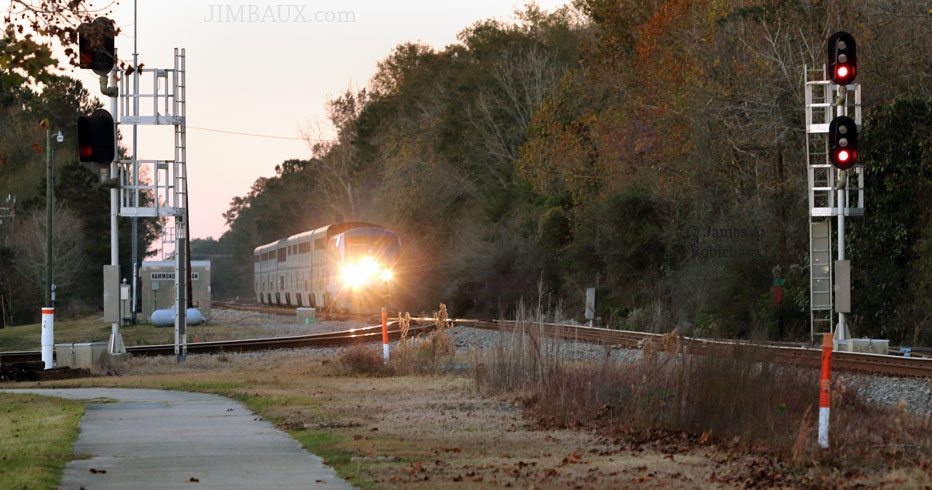
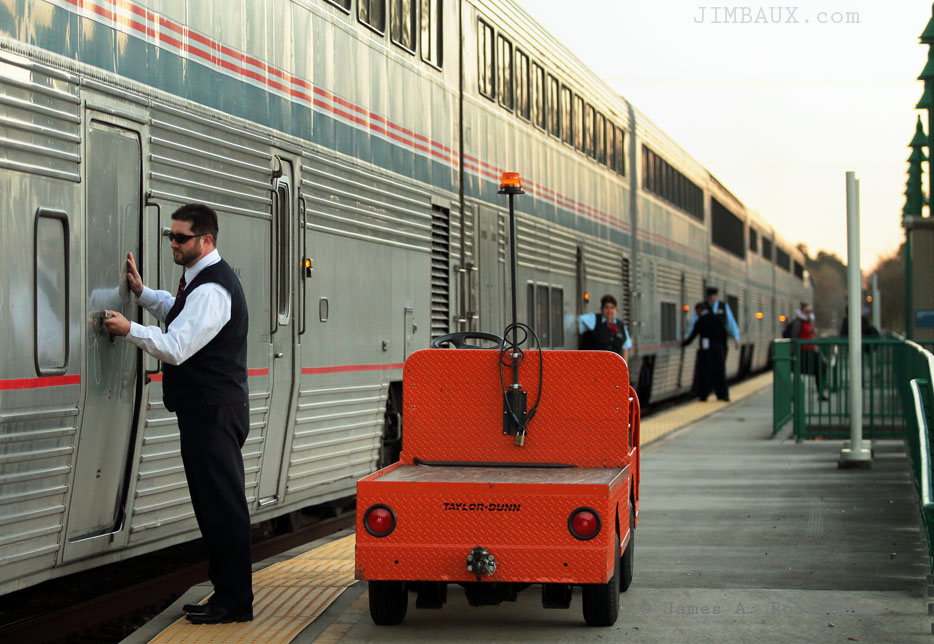
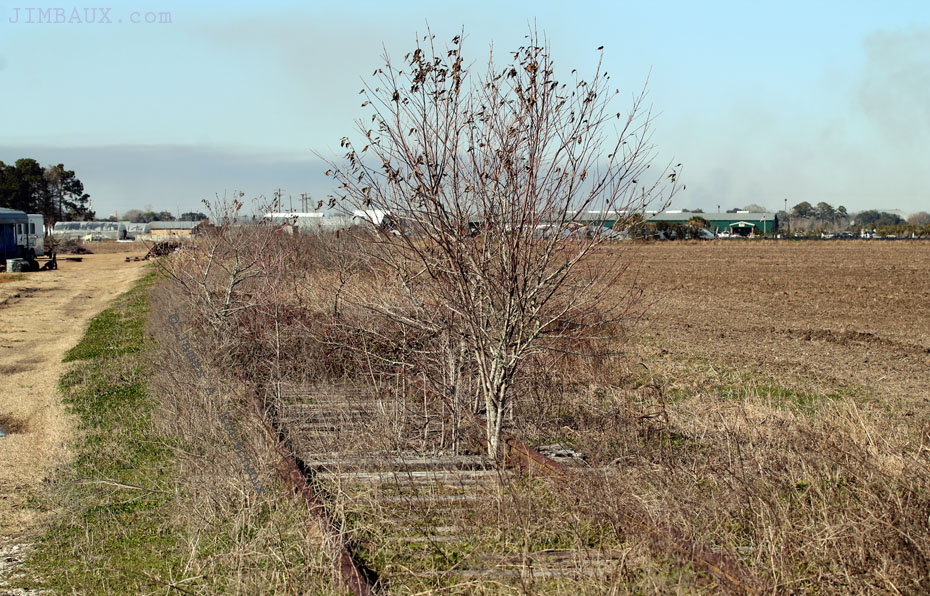

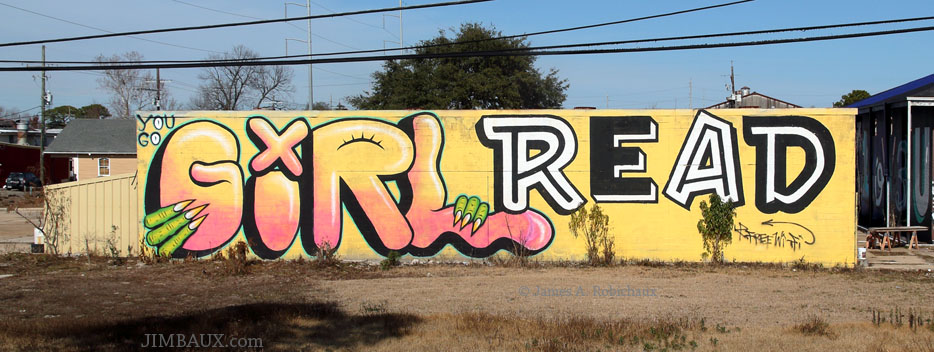


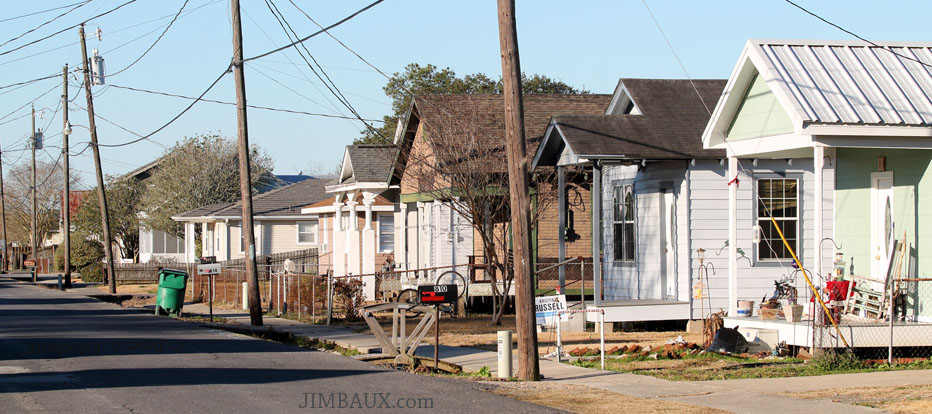

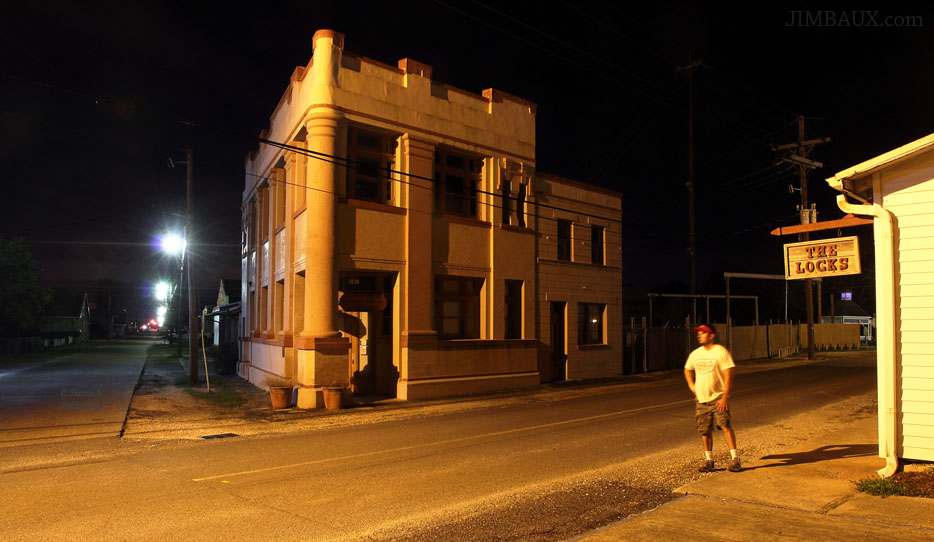




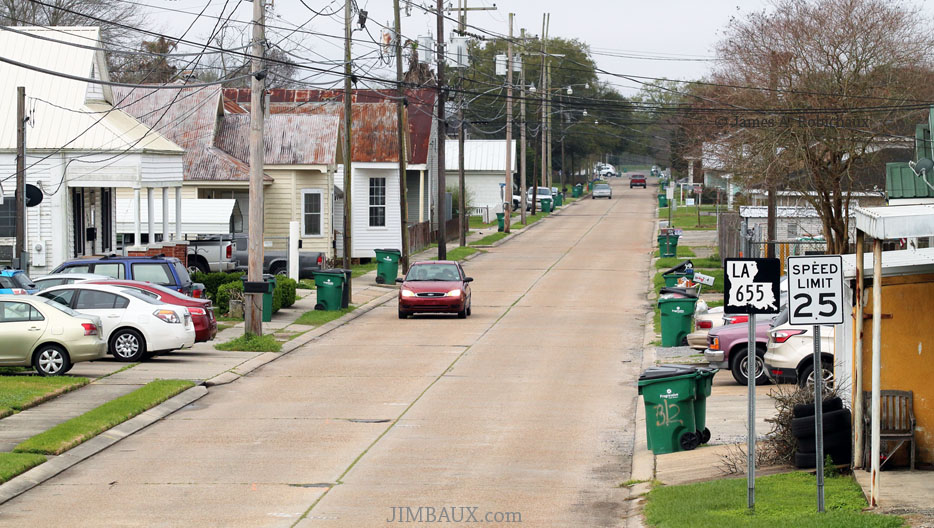



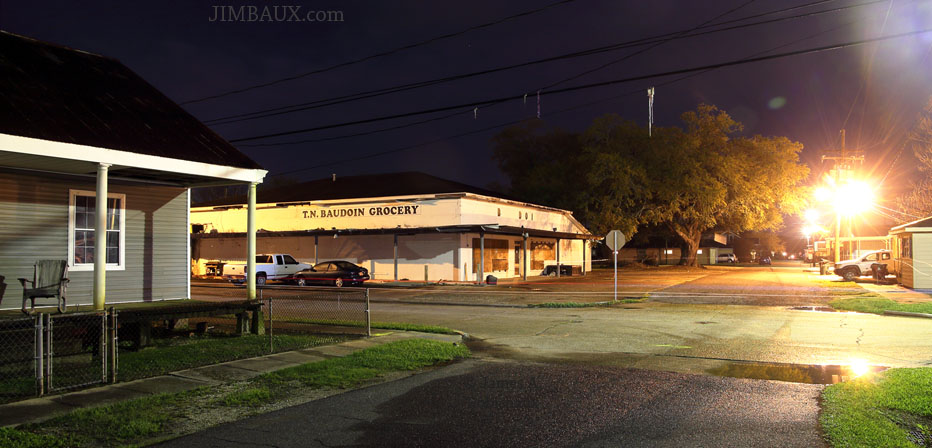




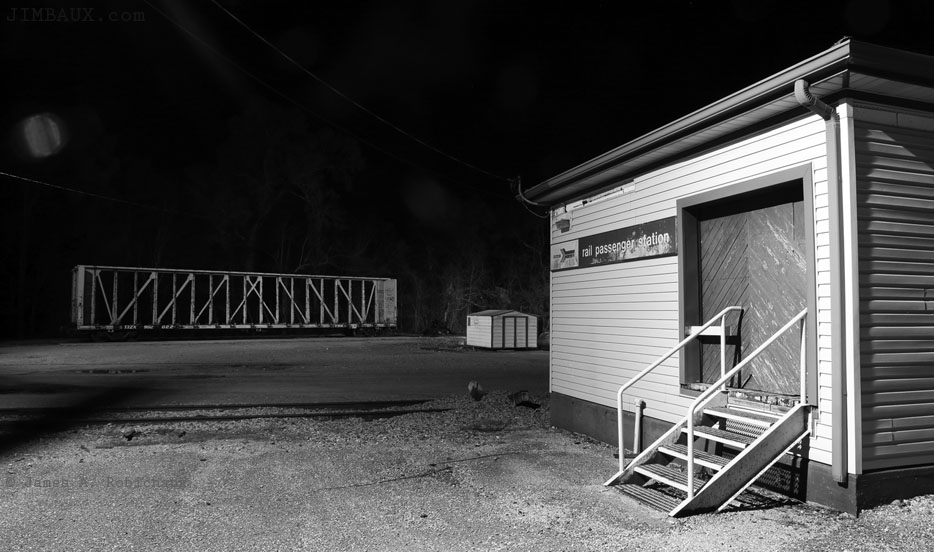
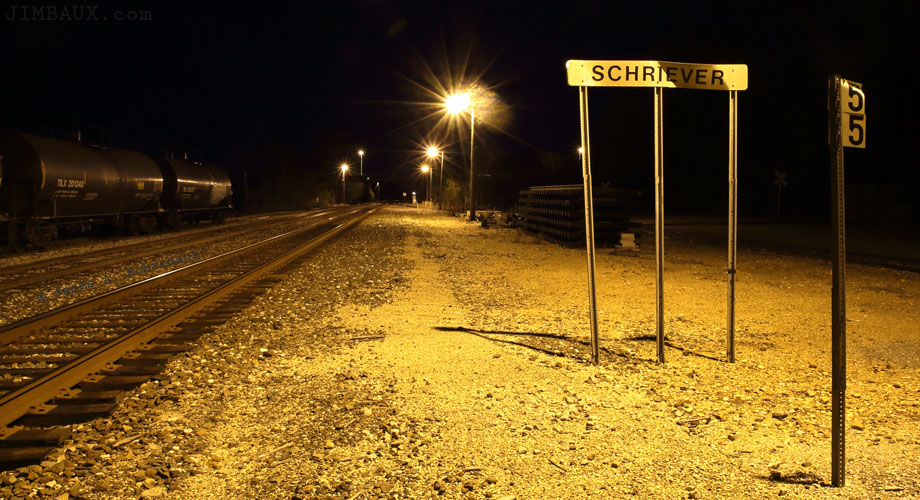

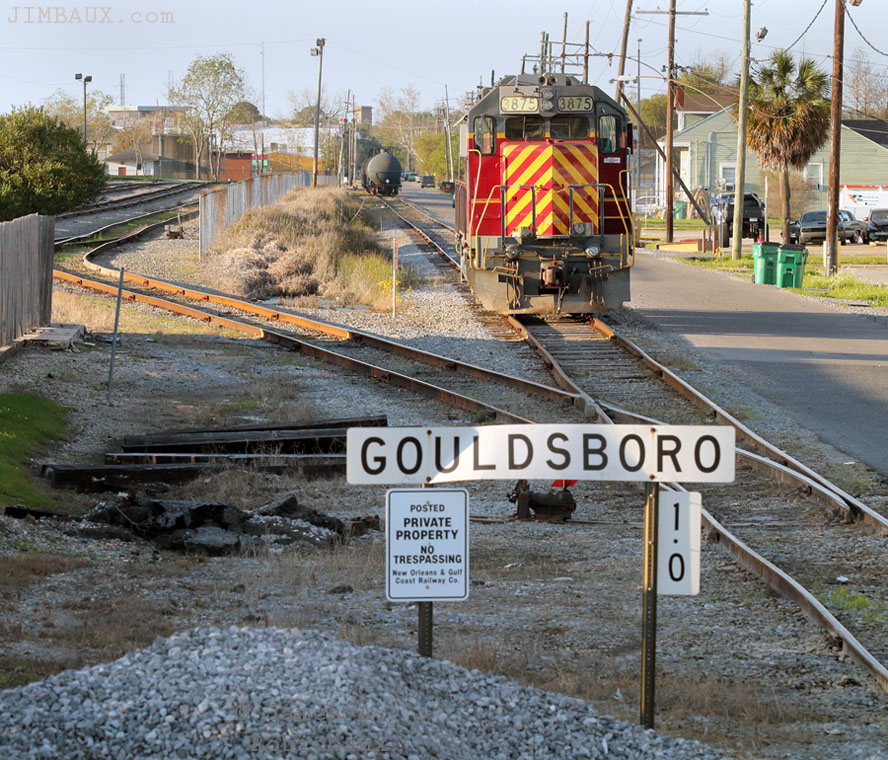
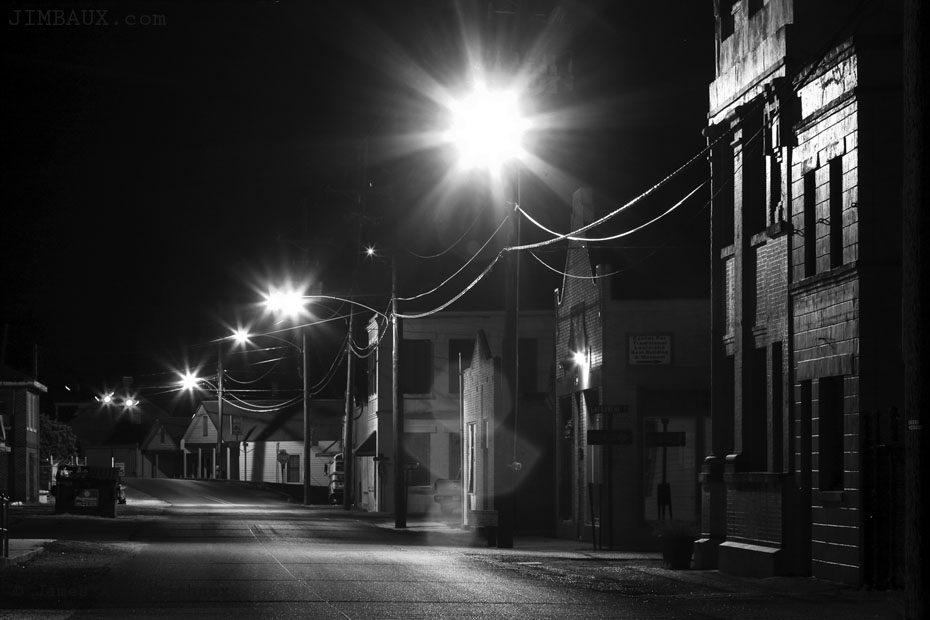



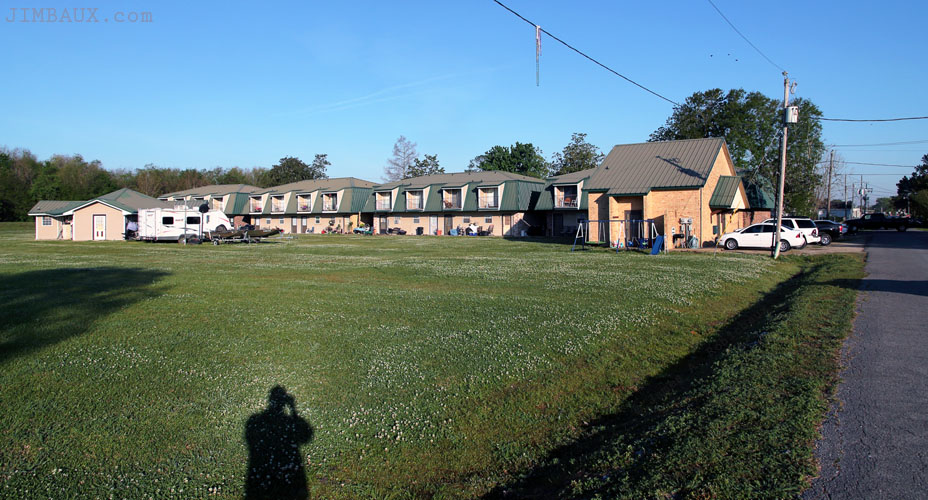
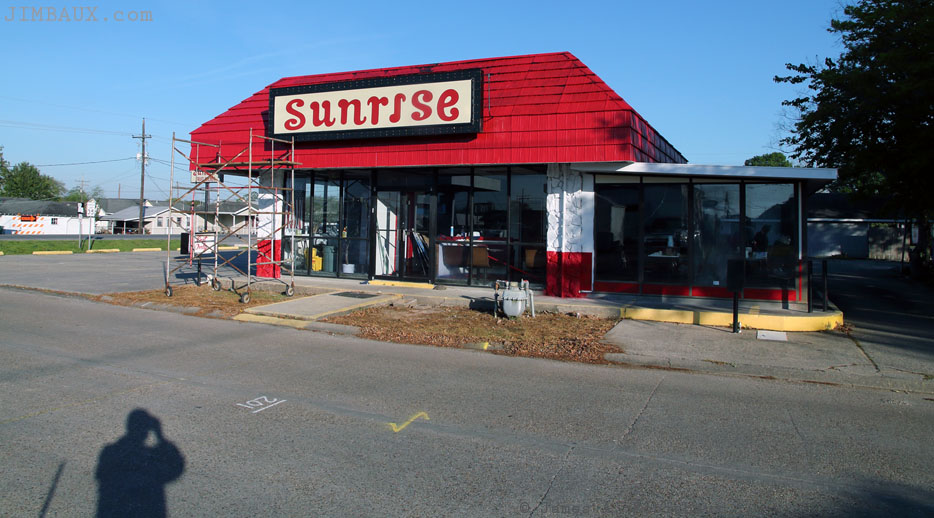
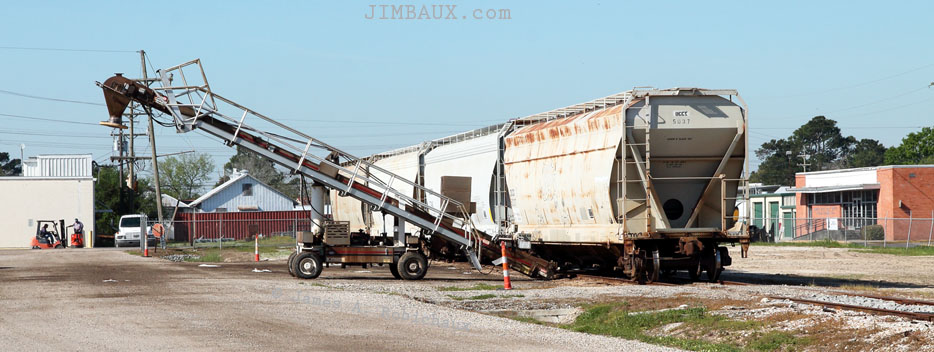





{ 3 comments… read them below or add one }
I love your photos.
Glad to see your website is back. Nice work on the photos as well.
Welcome back, your photos bring back many memories, glad your friends came to the rescue to get your page back up.
Howard Bingham
You must log in to post a comment.